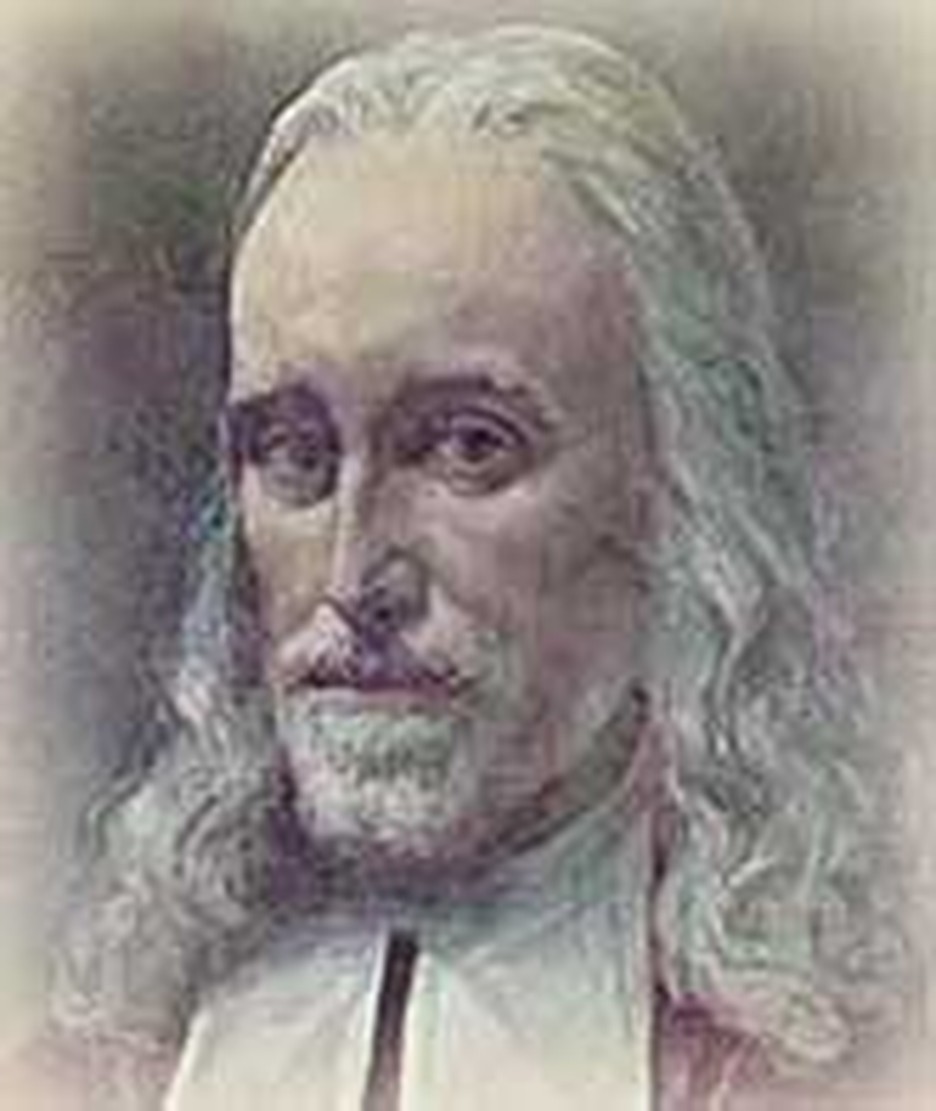
When Oliver Plunkett was canonized as a saint by the Roman Church on this day, October 12, 1975, he was the first Irishman in almost 700 years to receive the honor. He had paid for it with an perilous life, sturdy civil resistance, and a gruesome martyrdom.
Plunkett was born in 1625 near Oldcastle, Ireland, 350 years before his canonization. He studied for the priesthood at the Irish College in Rome. While he was away from home, the other great Oliver of the day, Oliver Cromwell, invaded Ireland. His usually well-controlled Protestant troops were permitted to inflict terrible atrocities upon Irish Catholics. The bitterness of those days lives on in divided Ireland today.
Cromwell also enacted anti-Catholic legislation. Catholic priests were outlawed. Those who dared to administer the sacraments were hanged or transported to the West Indies.
Plunkett was ordained a priest in 1654. He had no desire to face death or exile and petitioned to stay in Rome. Not until 1657, when the anti-Catholic measures were eased, did he return to Ireland. He was appointed archbishop of Armagh and worked hard to raise educational and moral standards among both priest and layman. True Christianity sobers people and makes them more orderly. As an agent of Christ, Plunkett worked toward those ends. He confirmed many youngsters in the faith. He persuaded couples who lived together without marriage to marry. Plunkett battled drunkenness and ignorance among the clergy.
New outbreaks of anti-Catholicism forced Plunkett into hiding in 1673. He boldly refused to register for deportation. In 1678 he again had to go into hiding. Captured, he was falsely accused of plotting a French invasion of Ireland. Plunkett showed his Christ-like character when, despite years of rivalry with Peter Talbot, archbishop of Dublin, over the question of who should be primate of Ireland, he forgave his fellow captive and administered to him the Catholic rite of absolution.
When a jury refused to convict Plunkett in Ireland, he was taken to London. Two Franciscans brought lying testimony against him. He was executed for treason in 1681 by being hanged, disemboweled, beheaded and quartered. He was the last Catholic executed for his faith in England.
Bibliography:
- Daniels, W. H. Illustrated History of Methodism. New York: Hunt and Easton, 1890. Source of the image.
- Encyclopedia and Internet articles.
- Moran, Francis Patrick, Cardinal. "Blessed Oliver Plunkett." The Catholic Encyclopedia. New York: Robert Appleton, 1914.
- "Plunket, Oliver." Dictionary of National Biography. Edited by Leslie Stephen and Sidney Lee. London: Oxford University Press, 1921 - 1996.
- "Plunket, St. Oliver." The Oxford Dictionary of the Christian Church. Edited by F. L. Cross and E. A. Livingstone. Oxford, 1997.
Last updated April, 2007.


